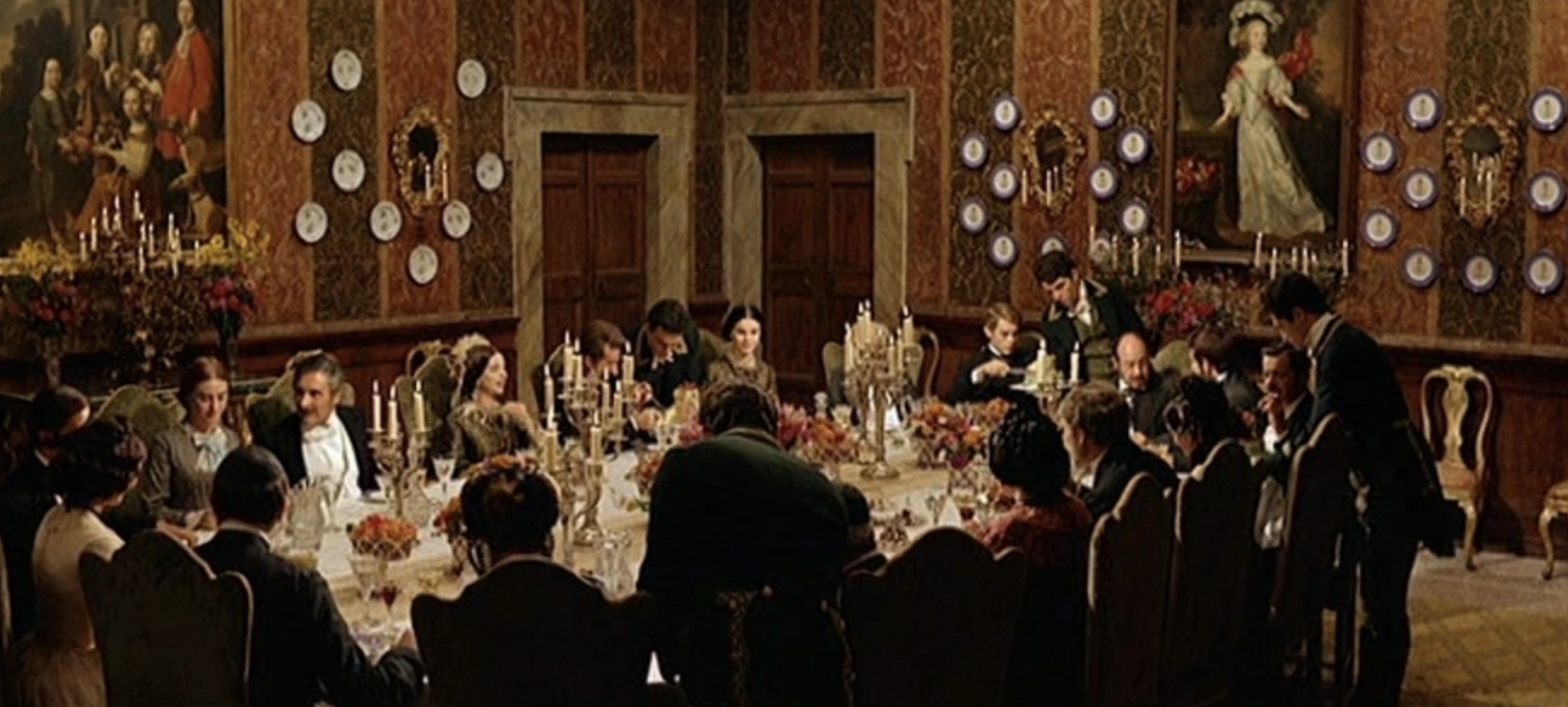The Salty Coffee: Beware Falling at the Final Fence
The Leopard – 1963 Visconti
'Complacency is the last hurdle standing between any team and its potential greatness.’
Pat Riley, President, the Miami Heat
When I went to university in 1983 I was more confident academically than socially.
An adaptation of Evelyn Waugh’s ‘Brideshead Revisited’ had been a recent hit on telly, and I assumed everyone would carry teddy bears and wear boaters, blazers and brightly coloured scarves. I was concerned that I’d struggle with conversation and convention; with etiquette and deportment.
On arrival at Pembroke College, Oxford I was allocated a wood-panelled room with a coat of arms on it. And in my first few weeks I had to navigate a complex world of quads and scouts; gowns and grace; butteries and battels tickets. Fortunately I also encountered a group of talented eccentrics who became lifelong friends.
Soon into my first term I was invited, along with a number of other students, to Lunch with The Master. As I’d barely been to a restaurant before, I recognised that this would be something of a challenge.
It was certainly a rather proper affair. The table was precisely laid, the dress was traditionally formal and the conversation was entirely sober. Staff hovered around the guests policing our every move.
I resolved to tackle this intimidating occasion by carefully copying my neighbours.
And so, with eyes darting to left and right, I picked up my cutlery in the correct order and held it with the right grip. I added appropriate condiments and drank with suitable moderation. In fact I did everything everyone else was doing, just a half-beat behind. I nodded and smiled. I was courteous and cordial. And as my confidence grew, I even served up a few conversational gambits.
I reached the conclusion of the meal without putting a foot wrong. As the coffee was served, I sighed with satisfaction.
But the lunch was not quite over.
In those days I was still adding sugar to my coffee, and so I spooned a little into my cup from the silver caddy just in front of me.
Ugh. This brew tasted unpleasant – quite unlike the Nescafe I drank at home. Nonetheless I persevered. Perhaps it was just a better class of bean.
As we exited the luncheon, my friend Caz tapped me on the shoulder.
‘Did I just see you put a spoon of salt into your coffee?’
Ah yes, that explained it. I’d mistaken the salt for the sugar. An elementary error. The shame and embarrassment. I’d fallen at the final fence.
What was I to learn from the incident of the salty coffee?
Well, firstly that we shouldn’t be intimidated by unfamiliar social situations. Every environment can be handled with a sensitivity to form and a willingness to engage.
But perhaps more importantly, I was taught that confidence can usher in complacency; that we are most at risk of failure as we approach the final fence.
'It's not a very big step from contentment to complacency.'
Simone de Beauvoir, Philosopher, Writer
I’ve witnessed this phenomenon a good deal in business. The slackening off at the conclusion of a process, the assumption that the pitch is in the bag - that the deal is more or less done. But the race isn’t over until you cross the finish line.
'Success breeds complacency. Complacency breeds failure. Only the paranoid survive.'
Andy Grove, CEO Intel
I have since read that some people nowadays like to put a little salt in their coffee. It’s healthier and less bitter apparently. Perhaps, yet again, I was a pioneer…
'Sometimes we wish for the better,
When we have it good as it gets.
Sometimes the grass isn't greener,
As soon as we find out, we forget.
Sometimes a fool doesn't know he's a fool.
Sometimes a dog, he don't know he's a dog.
Sometimes I do stupid things to you
When I really don't mean it at all.’
Babyface, ‘Sorry for the Stupid Things’ (K Edmonds / D Simmons)
No. 384




